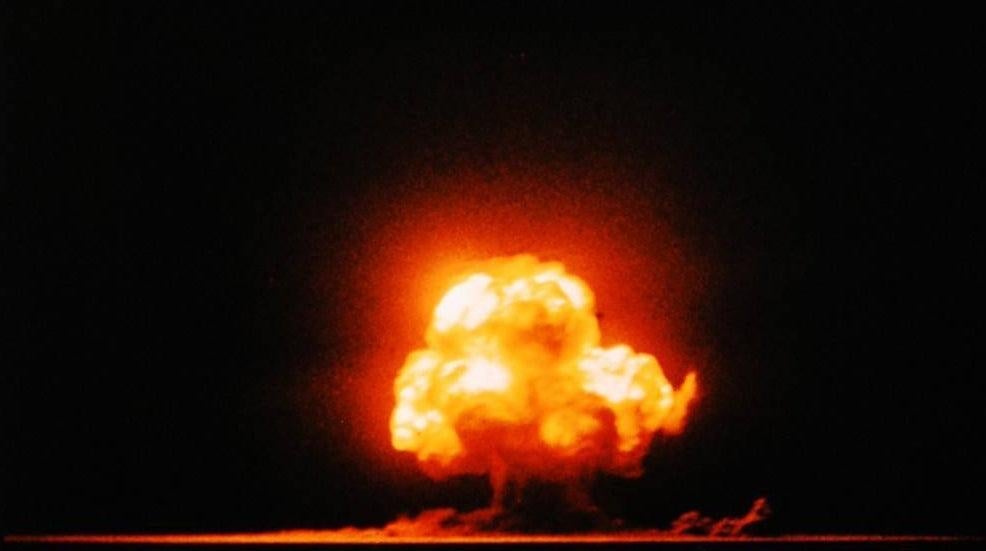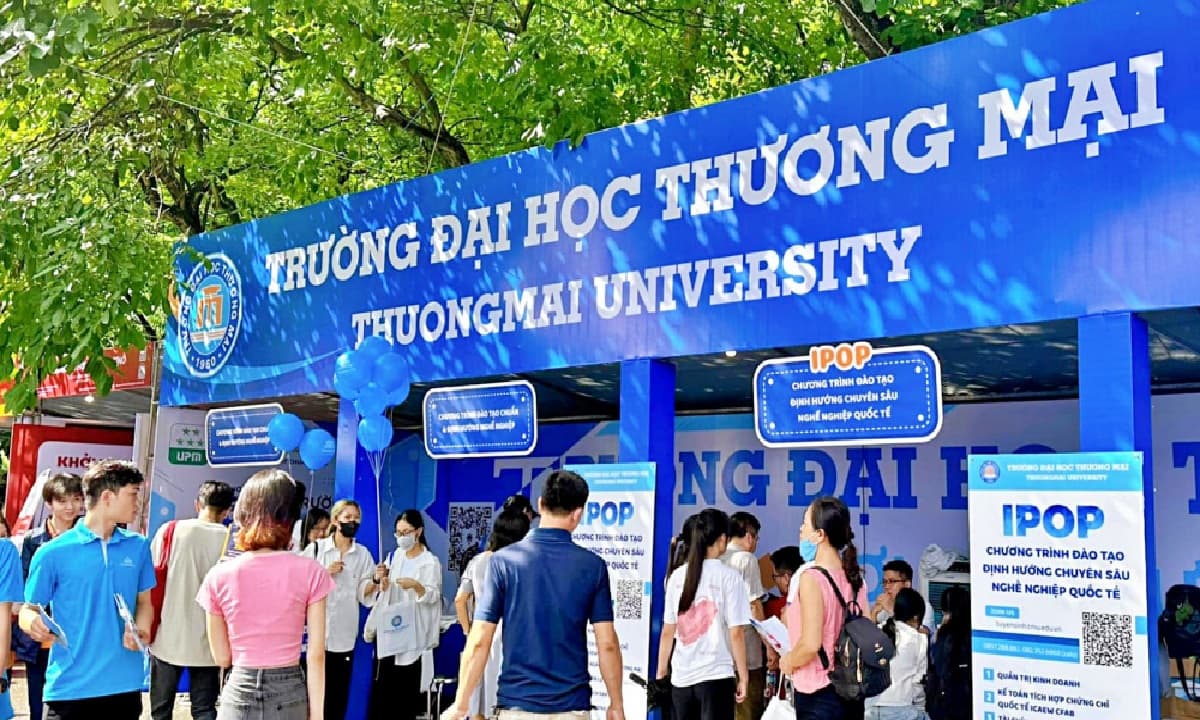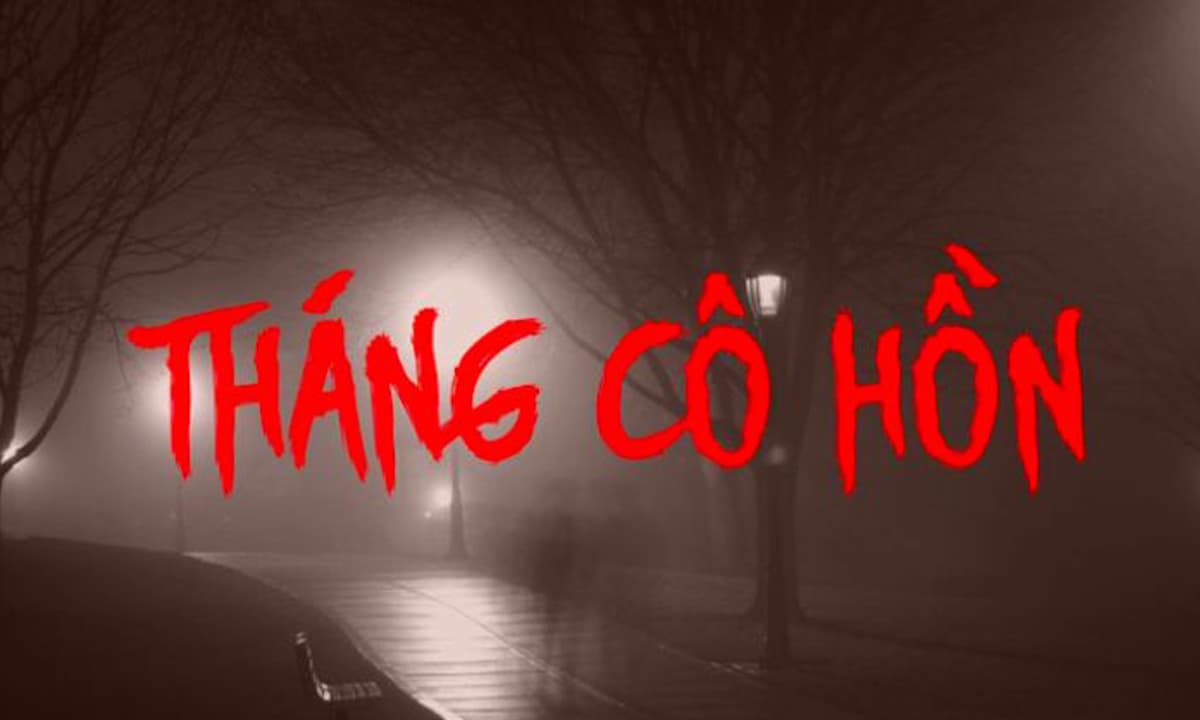80 Years After the Trinity Atomic Blast, New Mexico's Downwinders May Finally See Reparations

Eighty years after the Trinity Test brought nuclear fallout to their communities, New Mexico residents living downstream of the test may finally be eligible for long-sought reparations.
In the early hours of July 16, 1945, the U.S. Army detonated the world’s first atomic bomb as part of the Manhattan Project, near Alamogordo, New Mexico. Radioactive ash soon began to fall over large swaths of the surrounding regions.
Since then, survivors of the U.S. federal government’s nuclear testing program and the state’s uranium mining industries have watched their friends and family members die from rare cancers. Multiple generations affected by the nuclear program have spent decades seeking recognition and reparations. A measure in the recently passed Republican spending bill expands eligibility for a program that compensates those with health problems linked to radiation exposure, including downwinders of the Trinity Test.
The Radiation Exposure Compensation Act (RECA), first passed in 1990, provided compensation to people who contracted certain cancers and other diseases due to radiation exposure from its many nuclear weapons tests or uranium mining.
It initially excluded New Mexico residents downwind of the Trinity Test, many of whom were Hispanic residents and Mescalero Apache tribal members, as well as those who worked in the industry after RECA’s coverage period (post-1971). RECA expired last year, even after survivors advocated for its expansion.
In a statement released ahead of the anniversary of the test, U.S. Senator Ben Ray Luján (D-N.M), who has worked to pass legislation expanding RECA, wrote that there are “eight decades of pain, loss, and injustice for the victims still living with the fallout of nuclear testing and uranium mining.”
The U.S. government never warned the communities near the blast site, never evacuated residents, nor informed them about the potential health consequences. The military described the blast as an accident involving ammunition and pyrotechnics at the time. Those living near the blast only learned about the test after the U.S. dropped atomic bombs on Hiroshima and Nagasaki.
Advocates say the new extension isn’t enough. “The two-year extension will not be long enough for us to get everybody enrolled that should be enrolled, and the health care coverage was stripped out,” Tina Cordova, co-founder of the Tularosa Basin Downwinders Consortium, said on a call with reporters last week, according to USA Today.
Under the new extension, Trinity survivors can apply for $100,000 in damages. On its website, the U.S. Justice Department is advising the public to wait “for further guidance” before filing a claim.
“My dad should still be here; $100,000 pales in comparison to who he was, and who he used to be to us,” Cordova told Source NM. “I don’t want to sound ungrateful, I don’t want to minimize what it means, but that’s not justice. That’s the beginning of justice—it’s a step forward in the right direction.”








